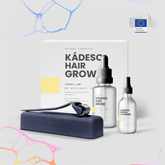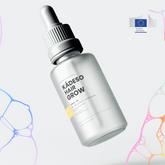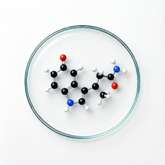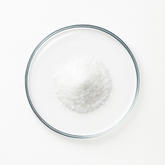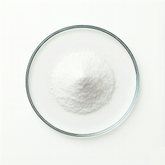Nutritional Supplements & Vitamins
There are several nutrients that are essential for healthy hair growth and can help make hair thicker and stronger. Let’s take a look at some of the most effective supplements and vitamins.
Biotin:
The first vitamin I want to discuss is biotin. Biotin is an important vitamin that promotes hair growth and helps repair damaged hair. It works by stimulating the production of keratin, a protein essential to the structure of hair. Biotin can be found in foods such as eggs, nuts, seeds, and avocados, but it can also be taken as a supplement.
Zinc:
Another important nutrient for healthy hair growth is zinc. Zinc plays a role in cell division and growth, and can help promote hair growth. Additionally, a zinc deficiency can lead to hair loss. Zinc can be found in foods such as oysters, red meat, beans, and nuts, but it can also be taken as a supplement.
Vitamin D:
Vitamin D is also essential for healthy hair growth. It plays an important role in regulating hair growth and can help reduce hair loss. Vitamin D is produced in the body through exposure to sunlight, but it can also be taken as a supplement.
Iron:
Another important nutrient for healthy hair growth is iron. Iron is needed for the production of red blood cells, which carry oxygen to the hair follicles. Iron deficiency can lead to hair loss and dull hair. Iron is found in foods such as red meat, spinach, beans, and whole grains.
“For healthy hair growth, to make it thicker and stronger”
Conclusion
So those were some of the most important nutritional supplements and vitamins that can help reduce hair loss. It is important to remember that nutritional supplements and vitamins are not a substitute for a healthy diet and it is important to maintain a balanced diet. If you think you may be deficient in any of these nutrients, always consult a doctor before taking any supplements.
Save time, money & hair.
Download our FREE EBOOK temporarily . In which we explain in 5 steps how you can stop your hair loss.
Sources
- Lin, Chia-Shuen, et al. “Diagnosis and Treatment of Female Alopecia: Focusing on the Iron Deficiency-Related Alopecia.” Tzu Chi Medical Journal, 22 Aug. 2023, pubmed.ncbi.nlm.nih.gov/38035053/, https://doi.org/10.4103/tcmj.tcmj_95_23. Accessed 21 Feb. 2025.
-
Saini, Kriteeka, and Venkataram Mysore. “Role of Vitamin D in Hair Loss: A Short Review.” Journal of Cosmetic Dermatology, vol. 20, no. 11, 22 Sept. 2021, pp. 3407–3414, pubmed.ncbi.nlm.nih.gov/34553483/, https://doi.org/10.1111/jocd.14421. Accessed 21 Feb. 2025.
-
Lalosevic, Jovan, et al. “Serum Zinc Concentration in Patients with Alopecia Areata.” Acta Dermato Venereologica, vol. 103, 3 Oct. 2023, pp. adv13358–adv13358, pubmed.ncbi.nlm.nih.gov/37787421/, https://doi.org/10.2340/actadv.v103.13358. Accessed 21 Feb. 2025.
-
Patel, Deepa P, et al. “A Review of the Use of Biotin for Hair Loss.” Skin Appendage Disorders, vol. 3, no. 3, 1 Jan. 2017, pp. 166–169, pubmed.ncbi.nlm.nih.gov/28879195/, https://doi.org/10.1159/000462981. Accessed 21 Feb. 2025.
